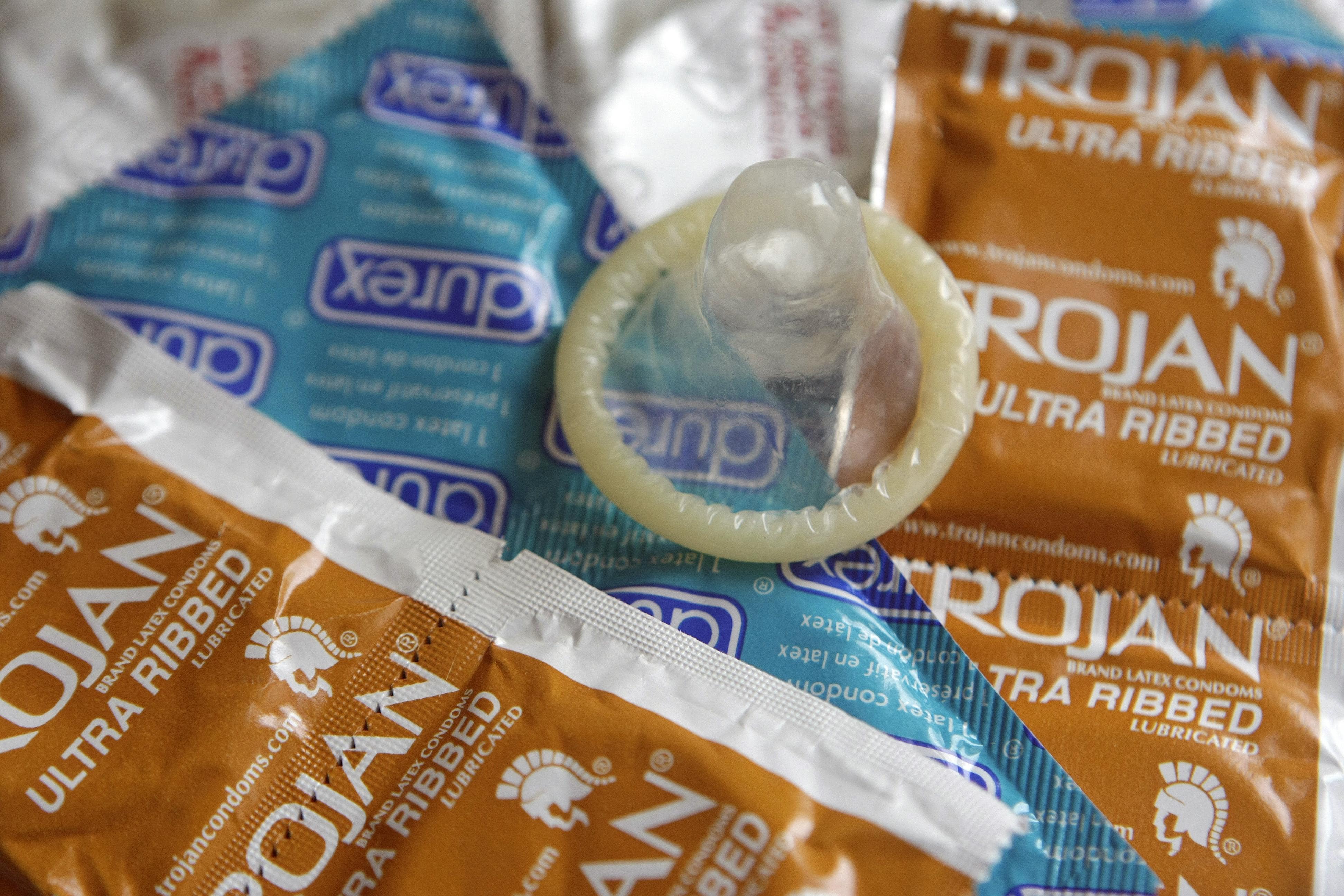Young people turning to pornography for advice as sex education ‘failing’
It means that children are facing an ‘unacceptable risk of harm’, MPs said.

Young people are turning to pornography and social media to learn about sexual health, MPs have said as they suggested that sex education is “failing young people”.
The Women and Equalities Committee said that young people are being exposed to an “unacceptable risk of harm” when accessing advice about sex and sexual health online due to an “absence of authoritative advice”.
The Committee said that there is “there is compelling evidence that relationships and sex education (RSE) is failing young people” as it warned of soaring rates of sexually transmitted diseases.
There is compelling evidence that RSE in schools is inadequate, including in relation to contraception and STIs, with nearly half of children saying education in this area is so poor they rely on finding information for themselves online
MPs said that the benefits of condom use “must be a key part of the curriculum” and that RSE should be taught up to the age of 18.
“In schools, there is compelling evidence that relationships and sex education (RSE) is failing young people,” the MPs wrote in their latest report.
“In the absence of authoritative advice, young people are learning about sex and sexual health from online sources, social media and pornography. This exposes children to an unacceptable risk of harm.
Meanwhile the Women and Equalities Committee criticised the Government for “failing to heed warnings” over funding cuts to sexual health services.
It said that funding has reduced year-on-year and infection rates have increased.
The Committee said that around half of sexual health services have been unable to offer face-to-face consultations when contacted, and many are unable to maintain sufficient staffing to provide a proper service.
MPs said that many young people need face-to-face advice and support from trusted adults.
The latest figures on STIs in England, described as a “red flag” by the Committee, show:
– Gonorrhoea diagnoses rose to to 82,592 in 2022 – the highest number of gonorrhoea diagnoses in any one year since records began in 1918.
– Infectious syphilis diagnoses increased to 8,692 in 2022, the largest annual number since 1948.
– There were 199,233 cases of chlamydia diagnosed in 2022, a 24% rise from the previous year. Around a third of these were among people aged 15-24.
– Overall there were 392,453 diagnoses of new STIs in England in 2022 – more than 1,000 every day and an increase of 23.8% compared with 2021.
The committee called on the Government to “radically increase” funding for sexual health services.
Caroline Nokes MP, chair of the Women and Equalities Committee, said: “Sexual health services are at breaking point. They are underfunded and in many cases unable to provide the services their local area needs.
“The 2022 data on STIs is a red flag and should encourage everyone to do better. It is not sustainable and an obvious false economy to substantially reduce funding for sexual health services during a period of increasing demand upon them.
“There is also compelling evidence that RSE in schools is inadequate, including in relation to contraception and STIs, with nearly half of children saying education in this area is so poor they rely on finding information for themselves online. This exposes children to an unacceptable risk of harm.”
MPs said that ministers need to launch a public information campaign on safe sex – with a particular focus on STI prevention among young people.
It also called on the Government to do more to increase uptake of the vaccine against HPV (human papillomavirus).
Commenting on the report, David Fothergill, chairman of the Local Government Association’s Community Wellbeing Board said: “The Government needs to ensure sexual health funding is increased to levels which matches increases in demand for services.”
Richard Angell, chief executive of the Terrence Higgins Trust, said the report highlights how services are “overstretched and under strain, at a time when rates of sexually-transmitted infections are sky-high”, adding: “We’ve been waiting years for a sexual health strategy to see the light of day and are seeing the consequences of what happens when there is no plan.”
A Government spokesperson said: “In 2020 we made it compulsory for all secondary schools to offer relationships and sex education to ensure that young people are equipped to make safe, informed and healthy choices. Content includes information about safer sex and contraception and how these can reduce STIs.
“This year we have allocated more than £3.5 billion to local authorities in England to fund public health services, including sexual health services, and this funding will increase in each of the next three years.”